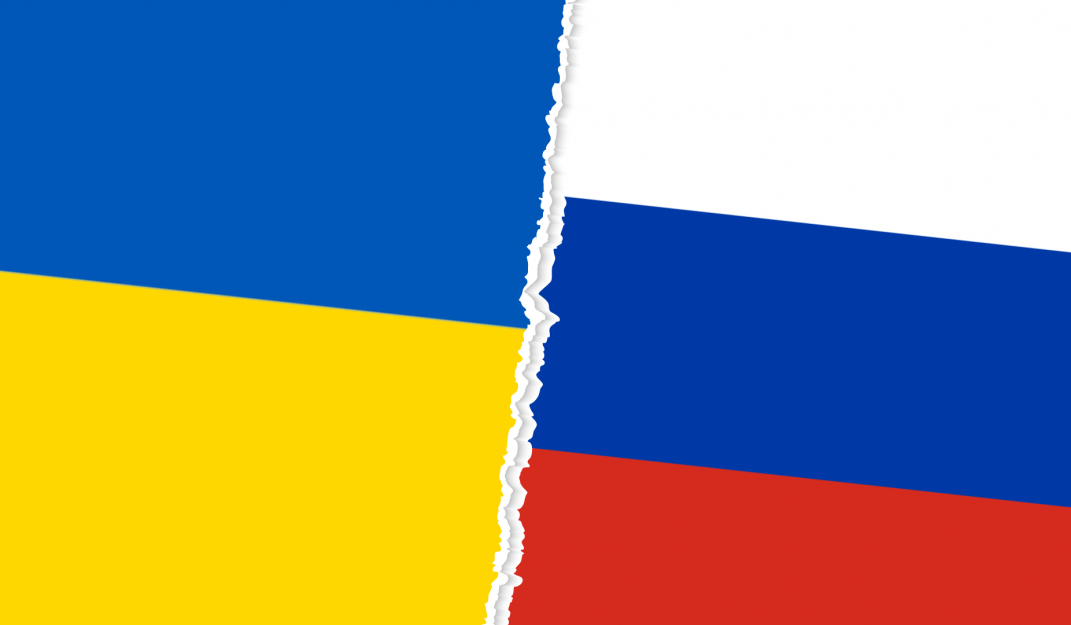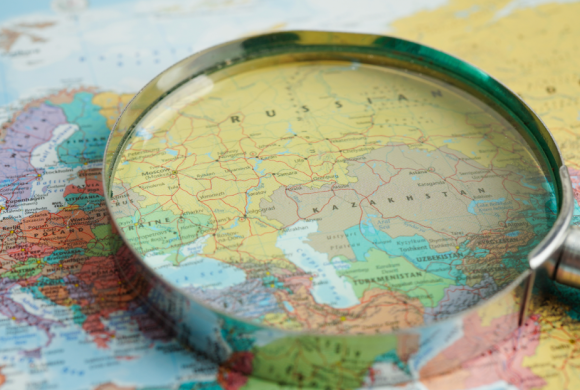
On 14 February Prof. Jaap de Hoof Scheffer, Dr. Maxine David, Prof. Sergey Utkin, Ms. Yaroslava Marusyk and Dr. Beatrix Futak-Campbell discussed the Russia-Ukraine conflict. The focus was on the escalation of the events and whether it was possible for President Putin to de-escalate and withdraw the troops he built up near the border and Belarus without losing face.
While US intelligence predicted an invasion for 16 February, the panelists were discussing reassurances from NATO of no further enlargement, joint EU support for Ukraine despite some differences between member states support for Russia or their gas, and the geopolitical implications even of a threat of invasion. Even Prof. Utkin described the military buildup as “loud and rough political messaging rather than a preparation for war”. He also reminded the audience that there was no legal guarantee of for “no NATO enlargement” and that the OSCE was supposed to guarantee European security, not NATO, but that has not happened. He argued that current European security order needs adjustment.
But the question remains whether that adjustment must come from Russia invading Ukraine? The two countries relations have been complex. From Russia claiming historical links to Kyiv from the birth of what we know as Russia to the Cossacks and Muscovy uniting against the Polish-Lithuanian Commonwealth 350 years ago through the more recent Soviet past, Ukrainians, even from Russian ethnic backgrounded resoundingly voted for independence in 1991. In a legally and politically recognised referendum Ukraine became a sovereign country, on the path to become a modern, democratic state in Europe. Ms Marysk reflected on the patriotic spirit that even the notion invasion created amongst Ukrainians. Civilians have been prepared for war, as Ukrainians will not accept Russian occupation.
Ten days later we are at war. Russia invaded Ukraine on 24 February 2022.
Biggest challenge to peace in Europe
The current tensions between Russia and Ukraine pose the biggest challenge to peace in Europe in recent years. The main cause of the conflict is Russian unease with the existing political and security order of Europe and its demand that it be overhauled to accommodate Russia’s security interests. The West is clearly not willing to yield to the Russian view which it sees menacing and revisionist. This roundtable will bring together experts on European and Russian politics to debate how the gap between the seemingly irreconcilable positions could be narrowed through diplomacy. Our panelists will cover the Russian and Ukraine position, as well consider the role of NATO, US and Germany in the conflict, divisions within Europe as to how to deal with the Russian threat, and European energy dependence on Russia.
About LUCIR
The Leiden University Centre for International Relations (LUCIR) is a multi-disciplinary platform promoting research and education on international relations at Leiden University.
Website: www.universiteitleiden.nl/en/lucir.




